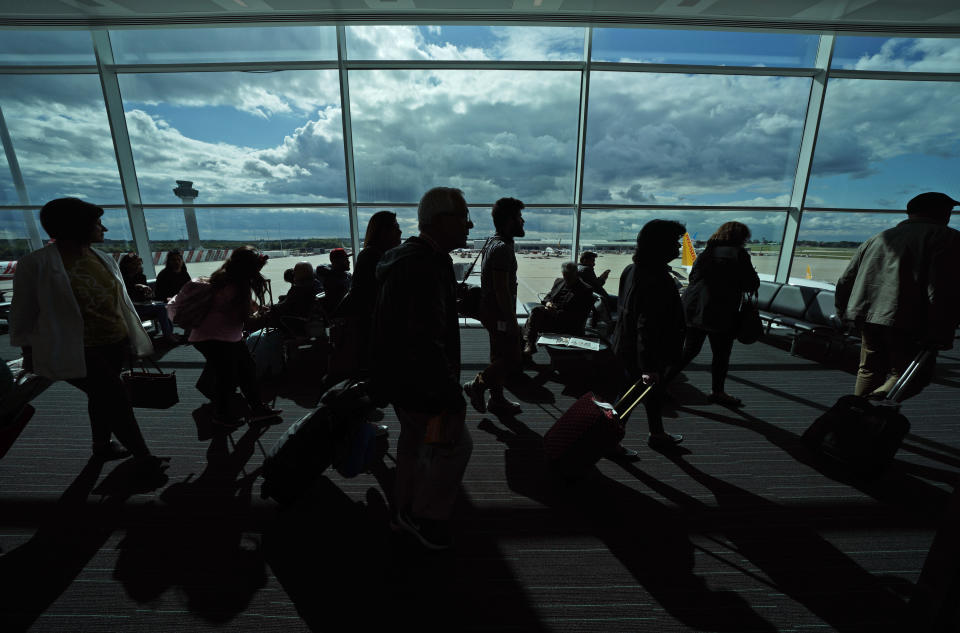EU immigration falls to lowest in a decade in growing 'Brexodus'

Net migration from the EU has plummeted to its lowest level in almost a decade, according to official figures.
The latest Office for National Statistics (ONS) figures show net migration, the number of new arrivals minus the number of people leaving, stood at around 57,000 in the year up to September 2018.
More citizens went home than arrived in Britain over the past year from the eight central and eastern European countries which joined the EU in 2004, including Poland and Lithuania.
Madeleine Sumption, director of the Migration Observatory at Oxford University, said: “Britain is not as attractive to EU migrants as it was a couple of years ago.
“That may be because of Brexit-related political uncertainty, the falling value of the pound making UK wages less attractive, or simply the fact that job opportunities have improved in other EU countries.”
But immigration from outside the EU is at its highest level since 2004, with more workers and students arriving over the past five years. An estimated 261,000 people arrived in Britain from outside the EU.
READ MORE: UK government sets out plans for post-Brexit migration policy
Several commentators said there had been a striking ‘Brexodus’ effect before Britain has even left the EU, with Brexit scheduled for 29 March.
The fall in the number of EU arrivals is likely to prove a significant headache for many employers reliant on migrant labour, but will be welcomed by many Brexit supporters.
Stephen Clarke, a senior economic analyst at the Resolution Foundation, said: “Migration is changing before we leave the EU and before we’ve made any changes to the immigration regime.
“Post-Brexit Britain’s migration system is still to be decided, and is years away from coming into effect. But many areas of the labour market – particularly firms in high-turnover sectors like hospitality who are reliant on the free movement of EU workers – are going to have to adjust to lower migration well before the new system is in place.”
Around 283,000 more people from across the world moved to the UK than left the country overall.
The number of sponsored applications for higher education visas from around the world hit a record high, with 195,000 applicants to study at British universities. The amount granted rose by 8%, with the sharpest increases in Chinese and Indian students.
But the latest data also shows a large rise in citizenship applications by EU nationals, which were up 23% to almost 48,000 last year.

 Yahoo Finance
Yahoo Finance 